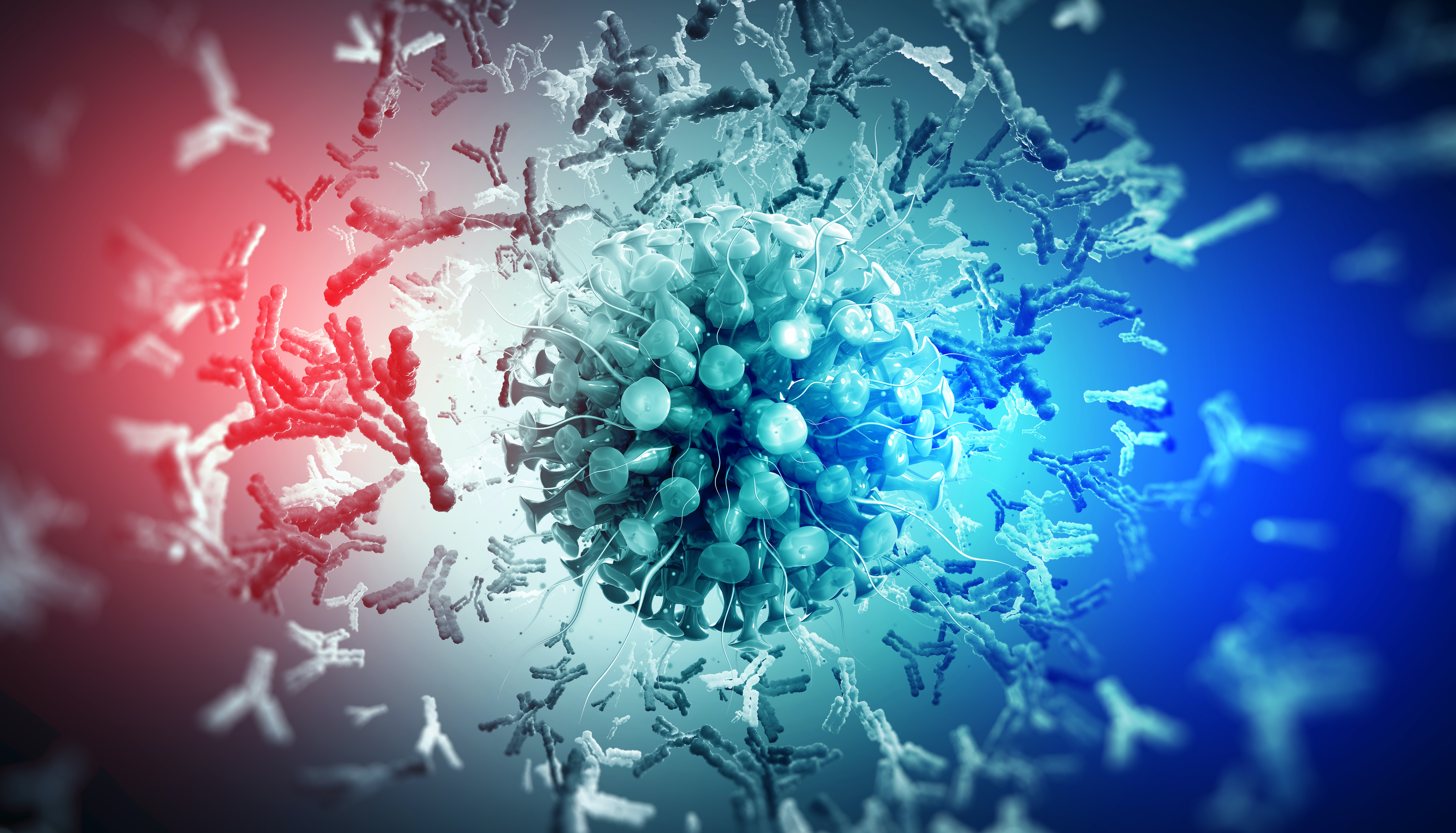
Bispecific antibodies, a groundbreaking class of therapeutic molecules, have emerged as a beacon of hope in the field of precision medicine. These innovative molecules possess the ability to simultaneously target two distinct antigens, offering a plethora of therapeutic opportunities across various medical domains.
The global bispecific antibodies market is experiencing remarkable growth, driven by increasing research and development efforts, advancements in technology, and a growing demand for personalized therapies.
This article delves into the dynamics of the global bispecific antibodies market, its key drivers, challenges, therapeutic applications, and the promising future it holds.
Bispecific antibodies represent a revolutionary approach in modern medicine, presenting novel opportunities for the treatment of various diseases. Unlike traditional monoclonal antibodies, bispecific antibodies can target two different antigens, enabling them to modulate complex pathways and enhance therapeutic outcomes.
This unique characteristic has propelled their prominence in oncology, immunology, and other therapeutic areas. The global bispecific antibodies market has gained significant traction in recent years, with researchers and pharmaceutical companies working diligently to unlock their full potential.
As the versatility of bispecific antibodies allows them to address complex diseases, their application has expanded to conditions such as cancer, autoimmune disorders, and infectious diseases. This widening scope is propelling the growth of the bispecific antibodies market, as more therapeutic possibilities are unveiled.
The rapid evolution of antibody engineering and protein design has played a pivotal role in enhancing the potential of bispecific antibodies. By enabling the creation of molecules with improved stability, specificity, and half-life, these technological advancements are driving the success and adoption of bispecific antibody therapies.
Bispecific antibodies align seamlessly with the personalized medicine paradigm. By offering targeted therapies tailored to individual patient profiles, they contribute to more effective treatments with fewer side effects. This patient-centric approach is resonating with healthcare providers and patients alike, boosting the demand for bispecific antibody-based therapies.
Bispecific antibodies have demonstrated exceptional promise in treating hematological malignancies. Notably, blinatumomab, a bispecific T-cell engager (BiTE) antibody, has shown remarkable efficacy in relapsed or refractory acute lymphoblastic leukemia (ALL). This achievement not only showcases the potential of bispecific antibodies but also transforms treatment paradigms for aggressive blood cancers.
The field of solid tumor therapy has been invigorated by the emergence of bispecific antibodies. These molecules, designed to simultaneously target tumor cells and engage the immune system, offer a multi-pronged approach to combating solid tumors.
This approach not only enhances the body's immune response but also minimizes off-target effects, paving the way for more effective and precise treatments.
Bispecific antibodies are also proving their mettle in infectious disease management. By targeting multiple epitopes on pathogens, they can neutralize toxins, inhibit viral entry, and enhance immune responses. This versatility positions them as potential game-changers in the fight against infectious disease outbreaks and epidemics.
The intricate design of bispecific antibodies poses a notable challenge. Achieving optimal binding affinities, specificity, and therapeutic profiles requires a deep understanding of protein engineering and computational modelling. Overcoming these complexities is essential for unlocking the full potential of bispecific antibodies.
The production of bispecific antibodies often involves intricate manufacturing processes. Ensuring scalability, reproducibility, and product quality while managing complexities is a critical hurdle that manufacturers must overcome to meet the increasing demand for these innovative therapies.
Regulatory agencies are actively adapting to the evolving landscape of bispecific antibody therapies. Establishing harmonized guidelines for their development, evaluation, and approval is crucial for ensuring timely patient access to these cutting-edge treatments while upholding safety and efficacy standards.
The global bispecific antibodies market is poised for robust growth in the coming years. With a burgeoning pipeline of bispecific antibody candidates in clinical trials and a growing interest from pharmaceutical giants, the market is expected to witness substantial investment and accelerated commercialization activities.
Collaborations and partnerships between academia, biotech companies, and pharmaceutical industry leaders will play a pivotal role in driving innovation and translating groundbreaking research into transformative clinical applications.
Bispecific antibodies have ushered in a new era of precision medicine, offering a targeted and multifaceted approach to treating a diverse range of diseases. The global bispecific antibodies market is on a trajectory of remarkable growth, bolstered by technological advancements, expanding therapeutic applications, and the shift toward personalized medicine.
As ongoing research continues to unravel the intricacies of bispecific antibody therapies, these molecules hold the potential to reshape patient care and redefine the boundaries of medical possibilities.